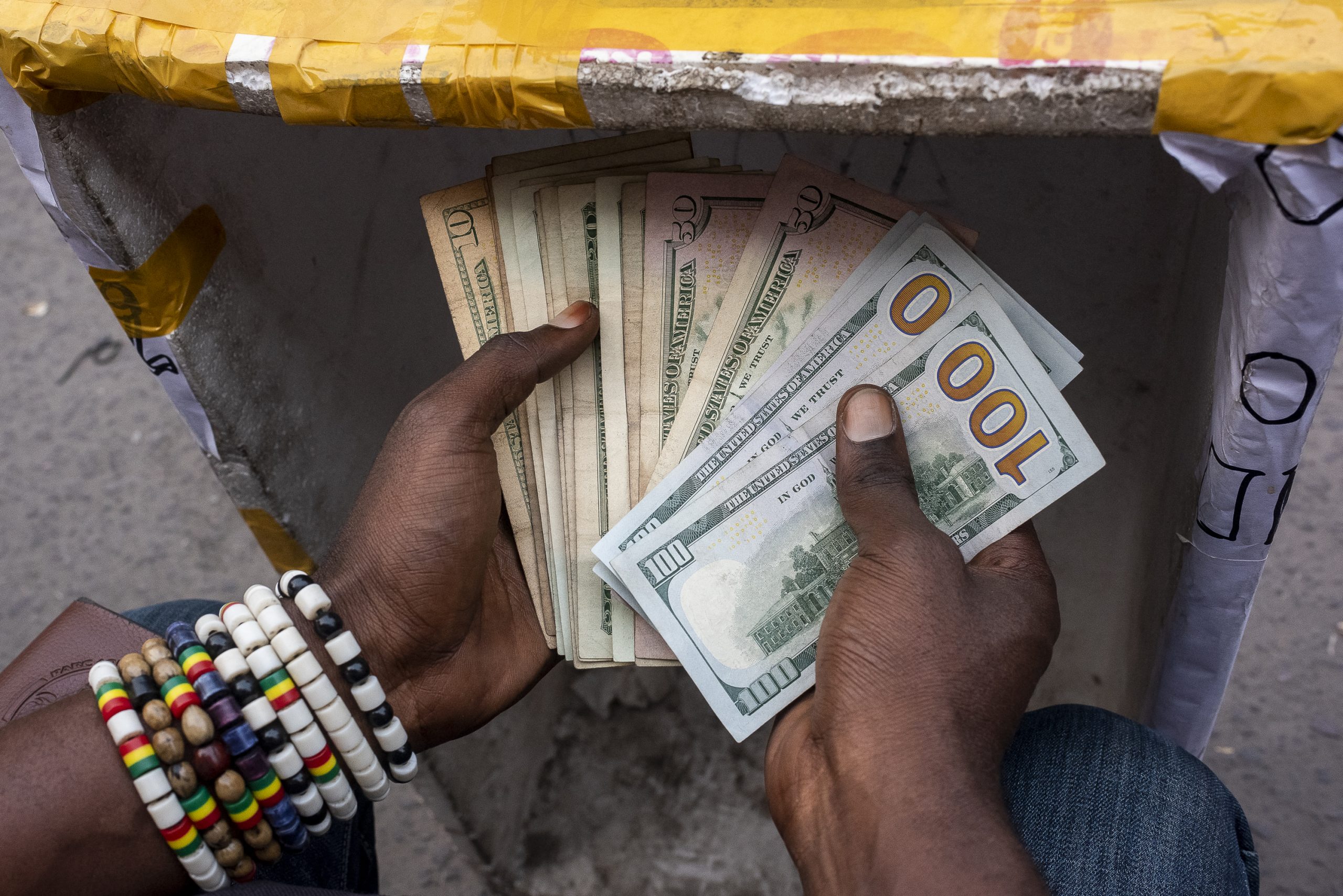
The crisis facing the fast-moving consumer goods (FMCG) segment may not abate any time soon as two firms under the sector incurred a foreign exchange (FX) loss of N300 billion in their nine months of operations.
The two companies, Nestle Plc and Cadbury Plc, with a combined market capitalisation of N736.4 billion posted FX losses of N300.3 billion in nine months.
The financial performance of most consumer goods companies has shown the downside of FX reform and the high interest rate environment.
Despite strong revenue growth posted by the firms, the persistent cost pressure and FX challenges have continued to weigh heavily on their earnings.
Nestle, for the period ended September 30, 2024, achieved a 91.6 per cent rise in revenue from N134.8 billion to N258.3 billion. This was fueled by substantial growth in both the food and beverages segments.
However, the manufacturing giant posted a loss after tax of N7.36 billion in its third quarter operations from N6.91 billion posted during the same period in 2023 while the overall loss in nine months stood at N184.3 billion.
In addition, the firm suffered FX losses of N285.3 billion within the same period.
Nestle began the year with a share price of N1,100 but has lost 19.6 per cent off that price valuation to close at N885 on Tuesday.
For Cadbury, its loss after tax stood at N2.14 billion for the third quarter that ended September 30, 2024, with N11.86 billion loss after tax in its nine months of operations. The company suffered an FX loss of N15 billion within the same period.
Cadbury posted N36.9 billion FX losses in 2023, resulting in a retained loss of N11.4 billion and a negative equity of N6.5 billion.
The company has opted for a debt forbearance of $20 million and also converted $7.72 million into equity all in a bid to manage the FX volatility.
It opened for transaction for the year at a price of N19 but has since lost 13.7 per cent off that price valuation, to close at N16.40 kobo on Tuesday.
Market operators noted that because these consumer goods companies have FX loan obligations in their balance sheet, a weak naira or any depreciation in naira will continue to impact negatively on their bottom line until the loans are fully paid.
They also pointed out that these loans may affect these firms’ growing concern if the losses are extended for too long.
According to them, some of these firms with their strong market position, strategic pricing, and commitment to product innovation achieved substantial reduction in the loss position in their financials during the period, signalling gradual improvement.
However, they argued that the ongoing challenges, especially persistent cost pressures and currency depreciation have constituted tremendous headwinds to their profitability.
They suggested that firms should implement robust FX risk management practices, especially in diversifying currency exposures and utilising forward contracts or options to hedge against exchange rate fluctuations.
Head of Research, FSL Securities, Victor Chiazor said the government must implement and fast-track measures to stabilise the currency to mitigate further volatility.
He noted that Nestle also reported a dollar loan exposure of about $459 million and €5.04 million in the third quarter of 2024.
According to him, there is also a need for the government to intervene from time to time with tax incentives, especially for those who cannot locally source raw material input for their business operations.
Research Analyst at Cowry Asset Management Limited, Charles Abuede, said FMCG companies in Nigeria are grappling with the challenges posed by a depreciating naira, which has weighed heavily on their financial performance.
According to him, stabilising the currency through coherently instituting strong FX management policies from the government side would help turn the sector around and provide these companies with the financial certainty needed to return to profitability.






